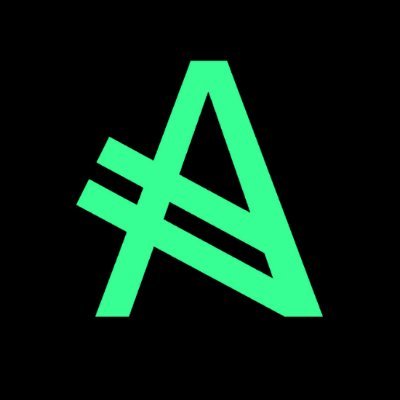
UnleashClub 價格UNLEASH
UNLEASH/TWD 匯率換算器
今日UnleashClub即時價格TWD
您認為今天 UnleashClub 價格會上漲還是下跌?
UnleashClub 市場資訊
UnleashClub (UNLEASH) 簡介
什麼是 UNLEASH 呢?
Unleash Club 是一個令人興奮的社群,它深入研究加密貨幣的世界,結合了 MEME 和人工智慧創新的力量。作為一個開源的加密團隊,Unleash Club 讓其成員可以擁有一流的人工智慧小工具、令人難以理解的模型,以及令人驚嘆的資料庫,以加強加密體驗。Unleash Club 秉持著團隊合作、歡笑、創新等價值觀,致力於突破 MEME 驅動的加密產業的界線。此社群的目標,就是讓其成員充分認識到 MEME 驅動的加密貨幣的潛力。
相關資源
官方網址:https://www.unleashclub.com/
UNLEASH 的價值是什麼呢?
Unleash Club 不是典型的加密社群。從本質上來說,它代表了一個充滿活力的社群,致力於探索加密貨幣的巨大潛力。這項承諾超越了單純的金融交易;它體現出了一種哲學。Unleash 結合了 MEME 不可否認的影響力、人工智慧的潛力,以及社群參與的力量。
UNLEASH 的價值體現在多方面:
獨特的融合:Unleash Club 順暢地融合了 MEME 世界和人工智慧創新。在一個 MEME 可以真正讓代幣價值飆升的世界中,整合人工智慧可以進一步鞏固其具有前瞻性思考的實體的地位。
賦權:作為一個開源加密團隊,Unleash 讓其成員可以擁有最先進的人工智慧小工具、突破性的模型,以及可以提升個人加密體驗的資料庫。
社群驅動:Unleash Club 強調團隊合作、幽默和創新,為愛好者提供了一個平台,讓愛好者可以合作、分享見解,並利用集體智慧來駕馭複雜的加密貨幣世界。
UNLEASH 對於社會情緒和價格變化的影響
在「MEME 幣」一詞已成為價值突然不可預測地飆升(和暴跌)的代名詞的時代,Unleash Club 的方法令人耳目一新。透過整合人工智慧工具,並為其社群提供真正的價值,它確保了其影響力不會轉瞬即逝,或是太膚淺。
加密社群越來越意識到強大的應用場景、社群參與,以及真正創新的重要性。從這方面來說,Unleash 的模型很有資格作為未來加密項目的藍圖。它不僅利用了目前的趨勢,而且還積極地為制定新趨勢,做出貢獻。
此外,透過 Gifii 等產品,Unleash 不會只把自己局限於加密產業中。Gifii 是一款由人工智慧驅動的 GIF 工具,有可能會重新定義數位通訊、行銷、內容建立、教育等。這些創新代表說 Unleash Club 預計將產生更廣泛的影響,將其影響力從加密貨幣愛好者擴展到一般大眾。隨著人們對於交易 UNLEASH 產生興趣,隨之而來的炒作也會很容易影響價格波動。
結論
對於那些踏上加密貨幣之旅的人來說,Unleash Club 及其產品代表了一個令人興奮的第一線的領域,是熟悉與革命性的融合。當我們觀察這個產業時,我們只能期待這項獨特的措施可以帶來更多驚喜、創新、成長。
UnleashClub 的 AI 分析報告
UnleashClub價格歷史(TWD)
 最低價
最低價 最高價
最高價 
UnleashClub的最高價格是多少?
UnleashClub的最低價格是多少?
UnleashClub價格預測
什麼時候是購買 UNLEASH 的好時機? 我現在應該買入還是賣出 UNLEASH?
熱門活動
全球UnleashClub價格
如何購買UnleashClub(UNLEASH)

建立您的免費 Bitget 帳戶

認證您的帳戶

將 UNLEASH 兌換為 TWD
常見問題
UnleashClub 的目前價格是多少?
UnleashClub 的 24 小時交易量是多少?
UnleashClub 的歷史最高價是多少?
我可以在 Bitget 上購買 UnleashClub 嗎?
我可以透過投資 UnleashClub 獲得穩定的收入嗎?
我在哪裡能以最低的費用購買 UnleashClub?
相關加密貨幣價格
您可以在哪裡購買UnleashClub(UNLEASH)?
影片部分 - 快速認證、快速交易

UNLEASH/TWD 匯率換算器
Bitget 觀點



交易
理財
Bitget 平台新上架幣種的價格








